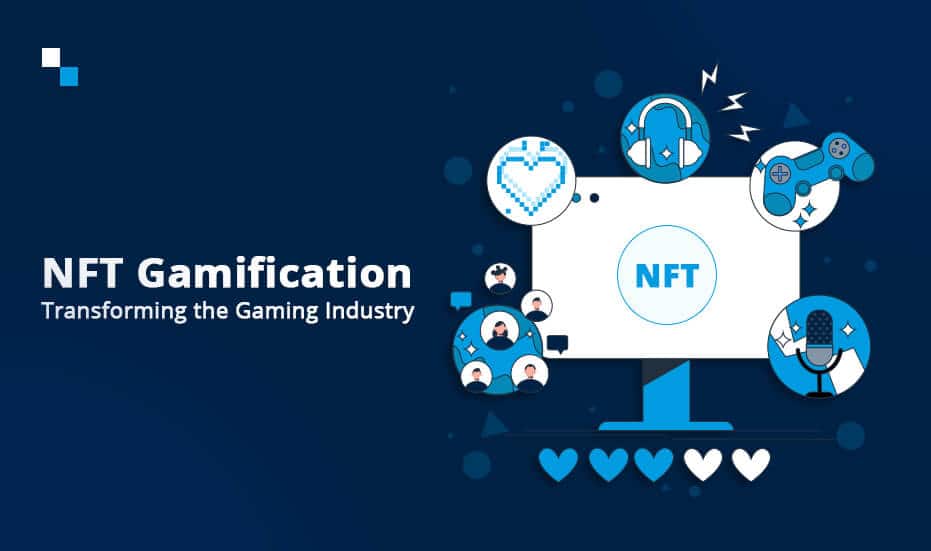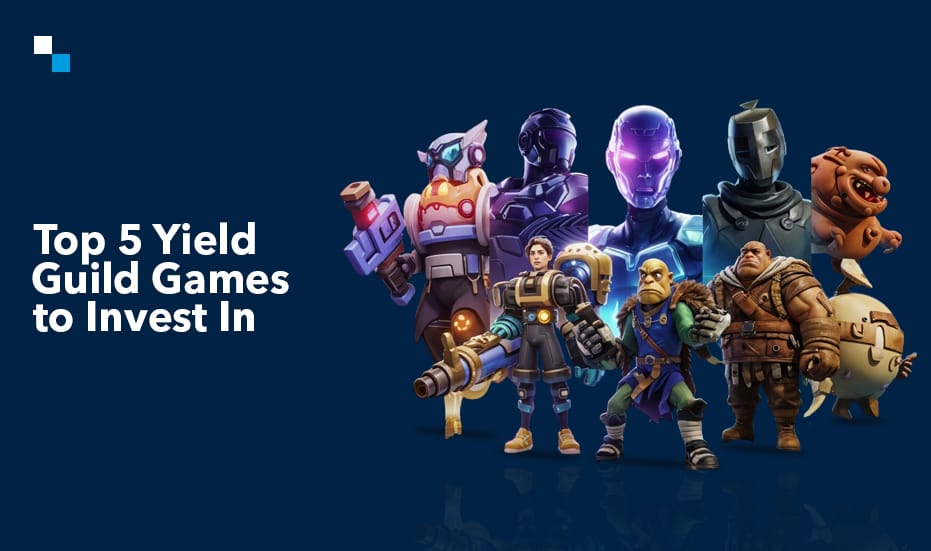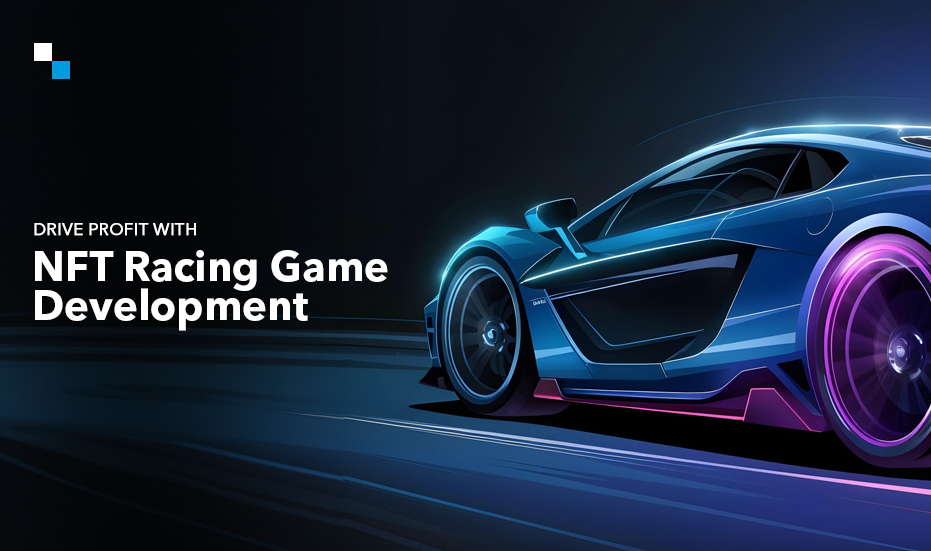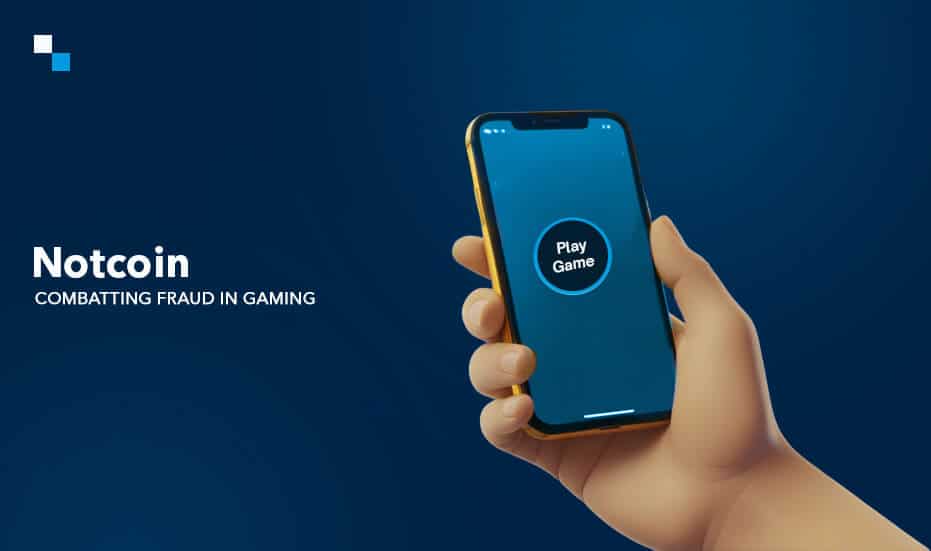
Crypto Asset Management Services: Opportunities That You Should Know
December 13, 2021
Decentralized Exchange Development Process in a Nutshell
December 14, 2021In the realm of game-fi, NFTs have generated quite a stir, rebranding the concept of owning game assets. While blockchain technology deserves all of the credit for making this feasible, NFT games have gotten developers and players alike interested, and investors are putting their money behind a slew of new games.
Non-fungible tokens (NFTs) are blockchain-based, one-of-a-kind tokens that serve as valuable digital assets in the real world. This has resulted in a surge in NFT game development worldwide, with millions of gamers opting for blockchain games (NFT games) since they are more dependable, efficient, sellable, and, most importantly, in high demand.
Popularly known NFT game types:
- Games for Virtual Worlds in the Metaverse
- Bidding Prediction Games
- Development of Fantasy Games
- Game Development in the Sports Genre
- Game Development in the Adventure Genre
- Game Development in the Action Genre
The Gaming Industry’s Strengthening Factors
NFT provides a wealth of capabilities and a decentralized ecosystem that significantly empowers the NFT gaming platform development sector. Blockchain technology is being used by leading technologies to transform or perhaps revolutionize their capabilities.
Blockchain technology provides a unique transparent ledger distribution that includes numerous nodes and virtual databases, ensuring security and compatibility with other technologies. Let’s look at some of the critical aspects of blockchain technology that assist gaming platforms:
Rarity:
NFTs are in short supply, as evidenced by their visibility in the global network.
Transparency:
The use of NFT to tokenize digital assets on an online gaming platform allows for private access.
Verifiability:
The transparent system verifies transactions between gamers and developers. As a result, both traders and receivers are well-informed about the process.
Smart Contracts:
Smart Contracts are a type of mechanism used to govern decentralized networks making NFT trading a highly secure activity. They are digital agreements that obviate the need for intermediaries and prevent fraud.
Develop your own NFT Game
Schedule Free DemoWhat Impact Will NFT Gamification Have On The Gaming Industry?
Gamification of NFT can be done in a variety of ways. Let’s look at some of the most significant and prevalent ways that NFT games have impacted traditional gaming.
1. Earn money by playing play-to-earn games
Gaming has typically been a win-at-all-costs endeavor, with players purchasing products and upgrades that benefit them but provide no financial benefit. Instead, the new Play-to-Earn model serves as a source of revenue for participants who are rewarded financially for their participation in a game.
Trading NFTs or earning in-game incentives and cryptocurrencies are the two most common ways to make play-to-earn games. To begin, most gamers purchase an NFT character or another startup team. The NFTs can be sold to other market participants, such as the Binance NFT Marketplace, or used to farm crypto and new NFTs. Both contribute to the game’s economy, which is essentially independent of developer intervention.
2. The emergence of guilds that allow players to earn money by playing
Play-to-Earn Guilds have sprung up to help new players due to the popularity of decentralized games. Guild members can “rent” in-game assets rather than pay the sometimes exorbitant price of acquiring them, lowering the barrier to entry into NFT games. After then, the lender will be paid a percentage of the player’s earnings until the player acquires the appropriate gaming equipment.
Play-to-earn guilds are a new phenomenon that relies on the popularity and demand of the NFT gaming arena. For all parties in the relationship, it’s a win-win situation. Guilds earn more with more new players, and new players can start making for themselves. YGG is an example of a guild.
3. Asset interoperability in games
The element of interoperability is one of the most appealing features in NFT gaming platform development. Traditional console and PC games each have incompatible ecosystems. Players’ materials and characters will permanently be restricted to that single game, with the developers maintaining complete control.
Interoperability — The capability to use individual game assets in various games if approved – is a feature of blockchain-based games. NFT game development can consider same or compatible blockchains, with game assets traded on exchanges. Loot is a fantastic example of an NFT project that anyone can use to develop a game. If your NFT is an ERC-721 or BEP-721 token, it can theoretically be utilized in any match that accepts those types of tokens. Of course, this is contingent on the developers’ cooperation.
Hiring the best NFT Game Development Company
Millions of individuals are getting involved in the NFT gaming platform development, primarily because of the high profits on NFT P2E models and investments in NFT game creation. While the spiced trend continues, you should seize the opportunity to improve your NFT game. Get in touch with the industry’s top blockchain game developers right now.
Blockchain technology significantly impacts the gaming business as it promotes transparency between players and creators. It also allows players to keep their possessions, such as weapons and other tools.



